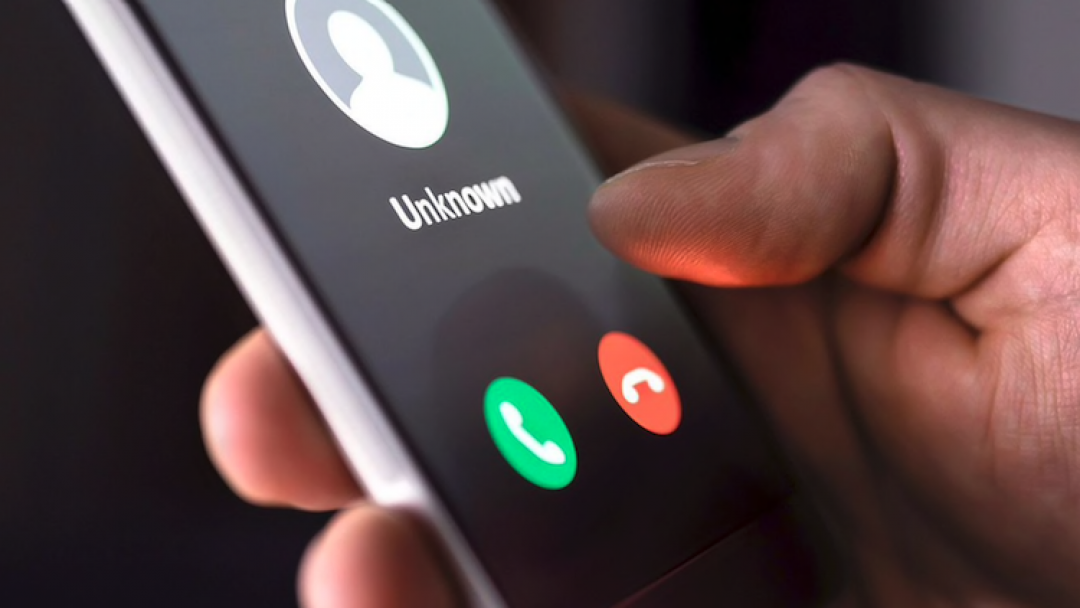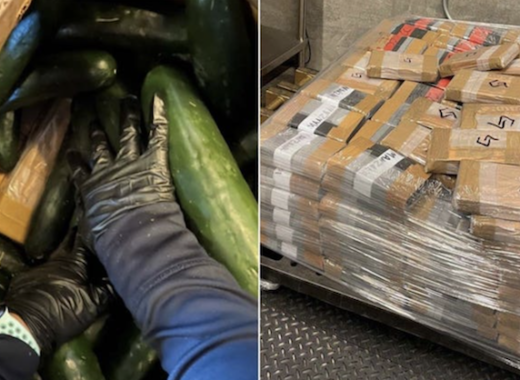The FCC Robocall Response Team announced last week that all IP-based voice service provider networks are required to implement spoofed robocall defense standards known as STIR/SHAKEN. The announcement marks the end of the last significant STIR/SHAKEN implementation extension.
The STIR/SHAKEN caller ID authentication standards serve as a common digital language used by phone networks, allowing valid information about a call to pass from provider to provider which, among other things, informs blocking tools of possible suspicious calls by making it easier to detect spoofed calls. Caller ID authentication supports blocking tools, empowers investigators, and informs FCC efforts to disconnect illegal robocallers.
“Consumers are understandably exhausted and frustrated by persistent scam robocalls. The FCC is attacking this problem in every way we can,” said Chairwoman Jessica Rosenworcel. “While there is no single cure-all when it comes to robocalls, having this technology in our networks is real progress and we will continue to push forward with this and every other tool we have to fight these junk calls.”
Specifically, facilities-based small voice service providers as well as gateway providers not subject to an extension must now implement the STIR/SHAKEN caller ID authentication framework in their IP networks, joining the voice service providers that have been required to implement STIR/SHAKEN over the last two years.
The FCC has been marshalling forward steady progress in requiring broad implementation of the STIR/SHAKEN standards. Various groups of providers have faced implementation deadlines over recent years, moving U.S. networks closer to full coverage:
- Largest Voice Service Providers – by June 30, 2021
- Non-Facilities-Based Small Providers – by June 30, 2022
- Facilities-Based Small Providers – by June 30, 2023
- Gateway Providers – by June 30, 2023
- Intermediate Providers – under FCC rules passed in March, intermediate providers that receive unauthenticated IP calls directly from domestic originating providers must use STIR/SHAKEN to authenticate those calls by December 31, 2023.
- Non-IP Networks – the FCC opened a proceeding to consider ways to implement caller ID authentication on non-IP networks, which cannot implement STIR/SHAKEN.
The FCC has also taken seriously the enforcement of its rules. For the first time, the FCC removed a company, Global UC, from the Robocall Mitigation Database for failing to meet the FCC’s requirements to describe the steps it is taking to protect consumers against scam robocalls and malicious caller ID spoofing, requiring “all intermediate providers and terminating voice service providers to cease accepting the Company’s traffic.”








